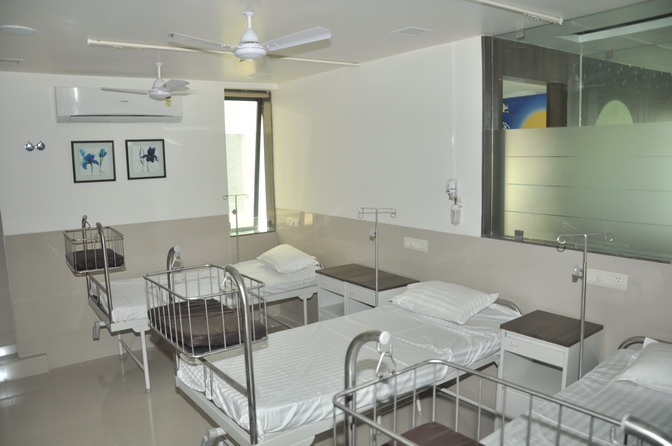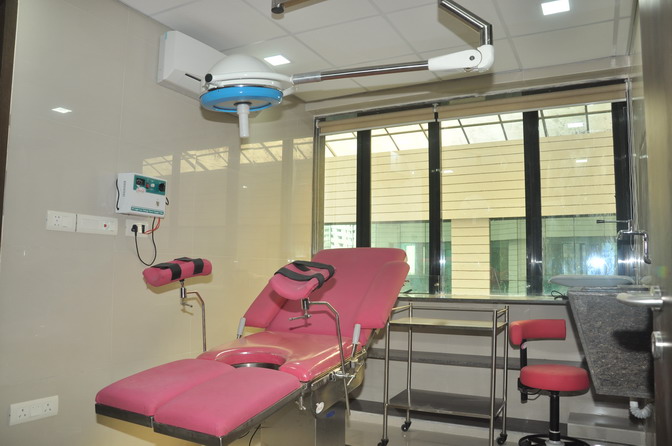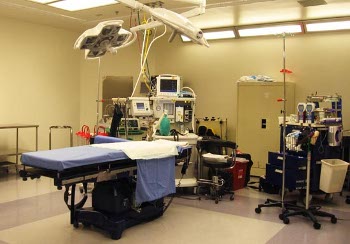INFERTILITY
Infertility Treatments
Complete evaluation (diagnosis and treatment) for both male and female infertility is available at our hospital. We have been successful in treating many infertile couples through ovulation induction, intrauterine insemination.





If you are 35 or older, your doctor may recommend that you skip some of the steps younger couples usually take. That’s because your chances of having a baby decrease with each passing year.
It’s important to understand that even if you are able to get pregnant, no treatment can guarantee a healthy baby. On the other hand, scientists in this field have made many advances that have helped millions of couples have babies.
Take time to plan – Before you and your partner start treatment, talk about how far you want to go with treatment. For example, you may want to try medicine but don’t want to have surgery. You may change your mind during your treatment, but it’s good to start with an idea of what you want your limits to be.
Treatments for infertility – This will depend on many factors, including the age of the patient(s), how long they have been infertile, personal preferences, and their general state of health. Even if the woman has causes that cannot be corrected, she may still become pregnant.
Fertility treatments for women
Ovulation disorders – if the woman has an ovulation disorder she will probably be prescribed fertility drugs which regulate or induce ovulation. These include:
Letrozole / Clomifene – this medication helps encourage ovulation in females who do not ovulate regularly, or who do not ovulate at all, because of polycystic ovary syndrome (PCOS) or some other disorder. It makes the pituitary gland release more FSH (follicle-stimulating hormone) and LH (luteinizing hormone).
Metformin – women who have not responded to Clomifene may have to take this medication. It is especially effective for women with PCOS, especially when linked to insulin resistance.
Human menopausal gonadotropin, or HMG – this medication contains both FSH and LH. It is an injection and is used for patients who don’t ovulate on their own because of a fault in their pituitary gland.
Follicle-stimulating hormone – this is a hormone produced by the pituitary gland that controls estrogen production by the ovaries. It stimulates the ovaries to mature egg follicles.
Human chorionic gonadotropin – this medication is used together with clomiphene, hMG and FSH. It stimulates the follicle to ovulate.
GN-RH (gonadotropin-releasing hormone) analogs – for women who ovulate prematurely, before the lead follicle is mature enough during hmG treatment. This medication delivers a constant supply of Gn-RH to the pituitary gland, which alters the production of hormone, allowing the doctor to induce follicle growth with FSH.
Bromocriptine – this drug inhibits prolactin production. Prolactin stimulates milk production in breast feeding mothers. If non-pregnant, non-breast-feeding women have high levels of prolactin they may have irregular ovulation cycles and have fertility problems.
Fertility treatments for men
- Erectile dysfunction or premature ejaculation – medication and/or behavioral approaches can help men with general sexual problems, resulting in possibly improved fertility.
- Varicocele – if there is a varicose vein in the scrotum, it can be surgically removed.
- Blockage of the ejaculatory duct – sperm can be extracted directly from the testicles and injected into an egg in the laboratory.
- Retrograde ejaculation – sperm can be taken directly from the bladder and injected into an egg in the laboratory.
- Surgery for epididymal blockage – if the epididymis is blocked it can be surgically repaired. The epididymis is a coil-like structure in the testicles which helps store and transport sperm. If the epididymis is blocked sperm may not be ejaculated properly.
